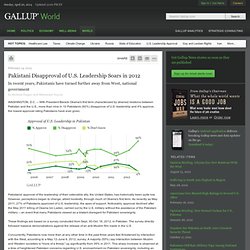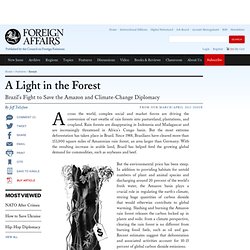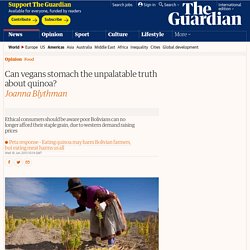

Pakistani Disapproval of U.S. Leadership Soars in 2012. WASHINGTON, D.C. -- With President Barack Obama's first term characterized by strained relations between Pakistan and the U.S., more than nine in 10 Pakistanis (92%) disapprove of U.S. leadership and 4% approve, the lowest approval rating Pakistanis have ever given.

Pakistanis' approval of the leadership of their ostensible ally, the United States, has historically been quite low. However, perceptions began to change, albeit modestly, through much of Obama's first term. As recently as May 2011, 27% of Pakistanis approved of U.S. leadership, the apex of support. Noticeably, approval declined after the May 2011 killing of Osama bin Laden, carried out by the U.S. military without the assistance of the Pakistani military -- an event that many Pakistanis viewed as a blatant disregard for Pakistani sovereignty. These findings are based on a survey conducted from Sept. 30-Oct. 16, 2012, in Pakistan. Ahead of Elections, Faith in Civilian Government Collapses Implications Survey Methods.
A Light in the Forest. Across the world, complex social and market forces are driving the conversion of vast swaths of rain forests into pastureland, plantations, and cropland.

Rain forests are disappearing in Indonesia and Madagascar and are increasingly threatened in Africa's Congo basin. But the most extreme deforestation has taken place in Brazil. Since 1988, Brazilians have cleared more than 153,000 square miles of Amazonian rain forest, an area larger than Germany. With the resulting increase in arable land, Brazil has helped feed the growing global demand for commodities, such as soybeans and beef. But the environmental price has been steep. But in recent years, good news has emerged from the Amazon. To continue reading, please log in. Don't have an account? Register Register now to get three articles each month. Opaque structure of horsemeat company shows need for company reform. Global Witness available for comment The Observer alleged today that one of the key companies involved in the horsemeat scandal was set up such that it hid the names of the people who own and control it.

"This illustrates why hidden company ownership is such a problem," said Rosie Sharpe, campaigner at Global Witness. "Criminals – whether they be fraudsters passing horsemeat off as beef, arms dealers fuelling wars, or corrupt dictators nicking their country’s wealth – need to hide their identities, and at the moment it’s all too easy to do this by setting up a company.”
One of these companies is the Cypriot company Draap Trading, which bought horsemeat from Romanian abattoirs and sold it to the French company Spanghero which sold it on to food processing company Comigel. Draap insists the meat it sold into France was labelled as horse. Draap – which is Dutch for horse, spelled backwards – is owned by Trident Trust and directed by a company service provider called Guardstand. Shaping Tomorrow. India's rice revolution. Can vegans stomach the unpalatable truth about quinoa? Not long ago, quinoa was just an obscure Peruvian grain you could only buy in wholefood shops.

We struggled to pronounce it (it's keen-wa, not qui-no-a), yet it was feted by food lovers as a novel addition to the familiar ranks of couscous and rice. Dieticians clucked over quinoa approvingly because it ticked the low-fat box and fitted in with government healthy eating advice to "base your meals on starchy foods". Adventurous eaters liked its slightly bitter taste and the little white curls that formed around the grains. Vegans embraced quinoa as a credibly nutritious substitute for meat. Unusual among grains, quinoa has a high protein content (between 14%-18%), and it contains all those pesky, yet essential, amino acids needed for good health that can prove so elusive to vegetarians who prefer not to pop food supplements.
Sales took off. But there is an unpalatable truth to face for those of us with a bag of quinoa in the larder. In this respect, omnivores have it easy.